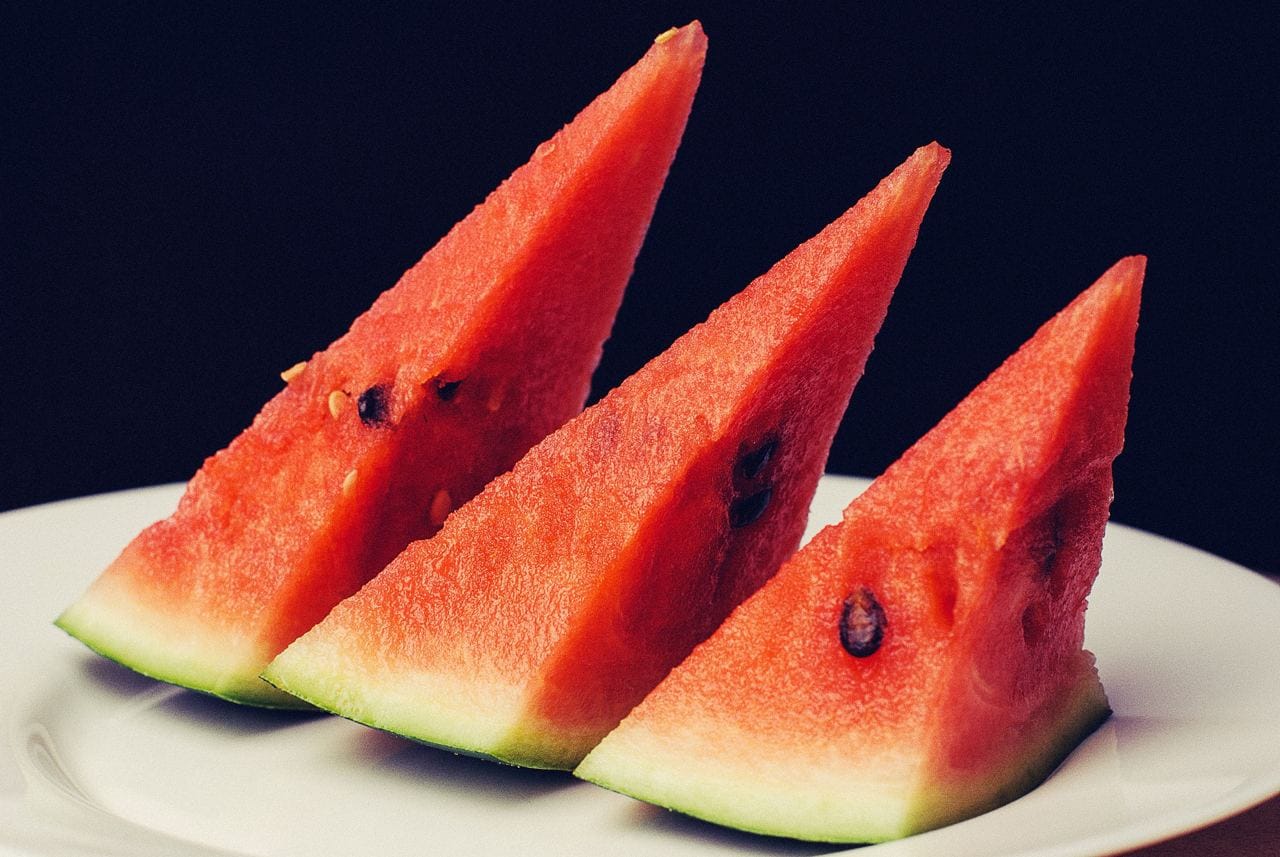There is a widespread belief that it is dangerous to eat fruits along with seeds - supposedly seeds from grapes, watermelon or pomegranate accumulate and clog the appendix, which leads to its inflammation. We decided to check whether this fear is supported by scientific evidence.
About fearsrelated to swallowed seeds different fruits, you can read on numerous websites and forums. Users clarifythat most often they told parents and older relatives talk about this. IN Internet you can also meet and a warning from doctors - supposedly “if the bone gets into the appendix and gets stuck there, it can cause appendicitis. This applies to all bones, even small ones.” Most often users care orange, grape, watermelon, apple, pomegranate and cherry seeds.
Appendix most often called the vermiform appendix of the cecum, 5–10 cm long. Although from the point of view of anatomy it will be true call The appendix is any appendix; in this text, only a certain fragment of the intestine will be called the appendix. In case of obstruction of the appendix, that is, partial or complete blockage, a pathology occurs - appendicitis. She happens more often in women, inflammation mainly occurs in young and middle age. However, appendicitis can occur at age 80. By statistics, appendicitis is the most common diagnosis requiring surgical intervention. An area of the intestine may be covered by overgrown lymphoid tissue, feces, or a foreign body. However, swallowed seeds are not among the most common causes. Let's take a closer look.
Of the seeds of all the listed fruits, the story with watermelon is the simplest. His seed simply won’t fit in the appendix. Thickness this process in a normal, non-inflamed state is only 7 mm. Approximately 3 mm falls on the walls, that is, its clearance is usually about 4 mm. Depending on the variety seed watermelon is 8 mm wide and 13 mm long.
With other fruits, everything is not so simple, because their seeds are often much smaller than watermelon seeds. However, scientists have conducted detailed studies on them. In particular, Turkish doctors from the two largest hospitals in Izmir researched already inflamed and removed appendixes. Out of 1969 samples, only in one case (0.05%) were fruit seeds found in the removed organ. Unfortunately, the scientists did not indicate in their work which plant seeds these were. They only noted that this incident occurred in June, and published a photograph of appendicitis with a discovered seed. The editors of “Verified” find it difficult to determine which fruit seed is in the photo of the drug below.
In the same study, scientists noted that in seven appendices they found undigested plant remains, that is, poorly chewed plant foods were seven times more likely to lead to disease than fruits eaten with seeds. The researchers also noted in the text of their work that previously seeds of cocoa, orange, melon, oats, figs, grapes, dates, cumin and some nuts were found in appendices. However, scientists do not believe that fruit seeds are dangerous. They point out that the number of cases of appendicitis caused by ingested plant seeds is extremely small compared to the total number of appendicitis.
Researchers obtained similar figures in 1988. Scientists from Adelaide (Australia) analyzed contents of 1409 removed appendixes. Fruit seeds were found in only one.
Described also a case of appendicitis in a 13-year-old boy from Uganda. Doctors discovered seeds in the removed shoot. True, neither the boy, nor the doctors, nor the local residents could identify them. Also, the patient could not remember when he could eat any fruit with such a seed.
Thus, fears of eating a fruit with seeds and getting appendicitis cannot be called completely unfounded. Moreover, this probability is so low that it is most likely not worth worrying about swallowing a seed.
Cover image: Pixabay

Mostly not true
Read on the topic:
If you find a spelling or grammatical error, please let us know by highlighting the error text and clicking Ctrl+Enter.







